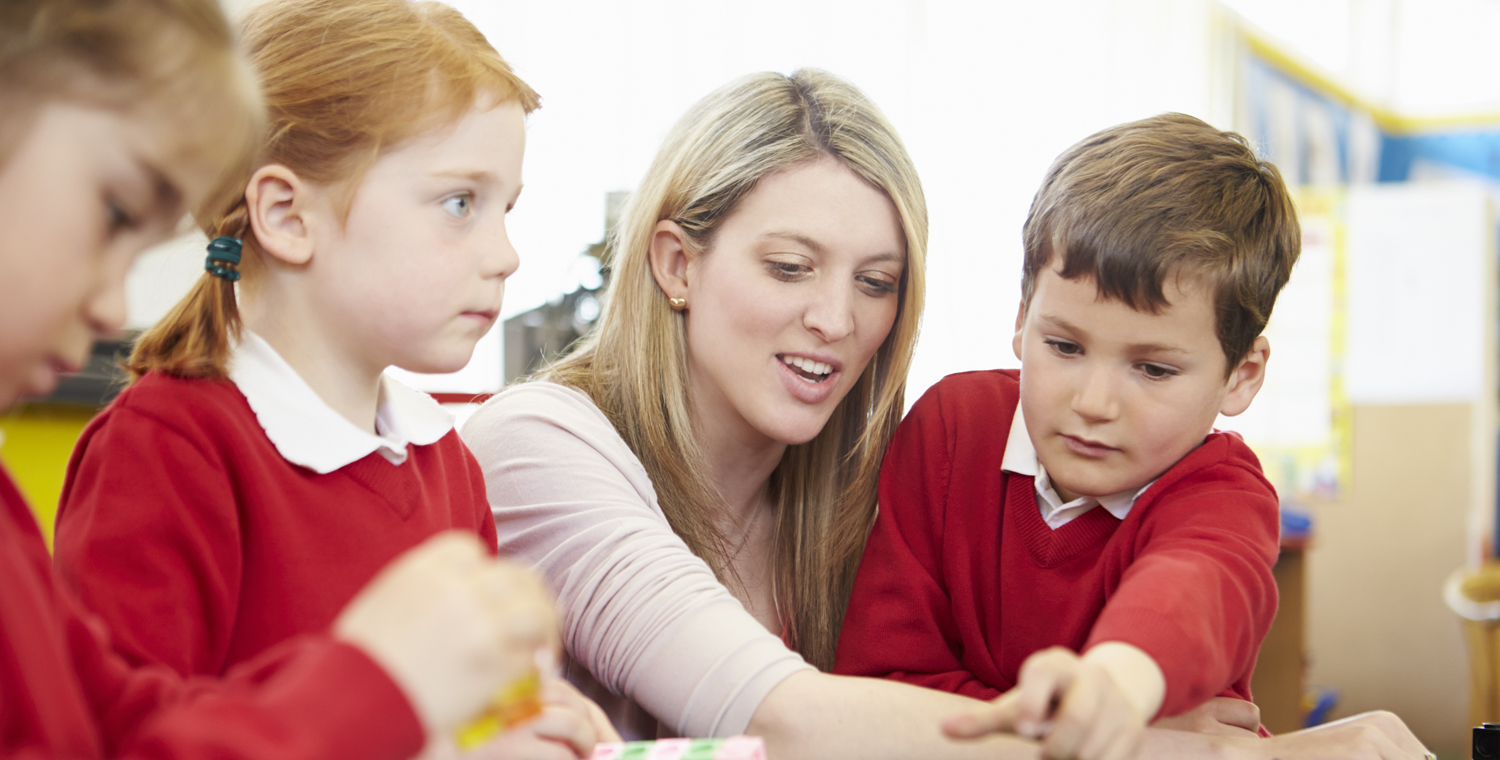The war in Ukraine – how schools can support children
The current situation in Ukraine may be affecting our school communities, and we thought it would be helpful to share some useful advice and resources.
You will know and understand your children best but below is some information that may help, if children are expressing worries, or asking questions about the conflict.
We advise that for younger children (R and KS1) and children with additional needs, you may wish to consider if children are aware of the current situation and whether there is a need to address this, as we do not want to overburden children. If children are talking about it, you may need to adapt resources to the appropriate level of understanding, or use some of the specialist resources. Children may wish to share their worries through drawing or other activities.
The websites below provide advice, information and resources about how to talk to children about the war in Ukraine. You may wish to write to parents/carers advising what you are planning to do and also send on some useful links to them.
School of Sanctuary
Speaking with Children about the War in Ukraine | Schools of Sanctuary (cityofsanctuary.org)
CBBC
Advice if you’re upset by the news – CBBC Newsround and War in Ukraine: What’s happening there? – CBBC Newsround
Childline
Worries about the world | Childline
Education Hub
SEN Resources
Worrying about war (A4 Document) (phoenixgrouphq.com)
Widgit SymbolWorld: Advice if Upset by News
https://www.norfolkepss.org.uk/wp-content/uploads/2022/03/Upset-by-the-news.pdf
https://www.norfolkepss.org.uk/wp-content/uploads/2022/03/Social-Story-War-in-Ukraine.pdf
This Padlet put together by the EAL team may also be useful: Resources for discussing the conflict in Ukraine (padlet.com)
Schools will want to be aware of our different communities, in particular those from Ukraine, Russian and other Eastern European countries. Those children and their families may be directly affected by what is happening. Children in the forces may also have a heightened awareness as they know all too well what it means to be involved in a war. Being trauma informed and culturally aware will be very important, also following guidance on anti-bullying as appropriate.
We would like to encourage all schools to take part in the School of Sanctuary. We are inviting all school to take part in a Day of Welcome on the 17th of June. You will find further information here: Norfolk Schools of Sanctuary (norfolksos.co.uk)
Support for school staff
We also want to remember that this affects us all.
‘Perhaps you have shared the emotional experiences we had when the news broke about the Russian invasion of Ukraine. Shock, despair, anxiety, uncertainty. These are big emotions for anyone to feel and as adults we often have increased access to rolling news bulletins, which can only magnify some of those feelings.
Spending some time getting to grips with your own feelings and emotional reactions can be an important step towards being able to effectively support the children and young people in your life.’
Extract from Talking to children and young people about war in Ukraine – edpsy.org.uk
Do remember the five ways to well-being, this can really help when we are experiencing difficult times.
Compiled by staff from Norfolk Educational Psychology Service with support from colleagues in the Learning and Inclusion Team
If you would like further advice or support, please contact inclusionandsend@norfolk.gov.uk or bianca.finger-berry@norfolk.gov.uk




